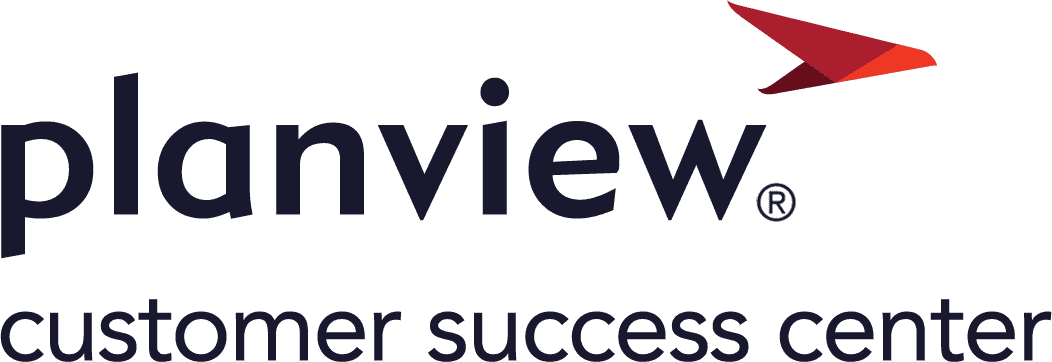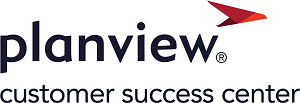Dependency Management
What is Enhanced Dependency Management?
Enhanced Dependency Management allows you to establish clear relationships between work items that depend on each other, with rich contextual information to help teams coordinate effectively. Unlike parent-child relationships that represent work breakdown structure, dependency relationships show when one piece of work truly depends on another to progress.
Key Features
- Create both incoming and outgoing dependencies between cards on the same or different boards
- Visualize dependency and parent-child connection lines directly on boards
- Add context to dependencies with metadata such as Connection Timing (Finish-to-Finish, Start-to-Finish, etc.)
- Monitor dependency health with status indicators (Healthy, At Risk, Blocked)
- View dependencies from both connected cards
- Manage dependencies through a dedicated tab in card details with both card and list view options
- Control connection line visibility through View Settings
- Connect existing cards as dependencies directly through the Dependencies tab
Visualizing Connection Lines on Boards
AgilePlace now displays visual connection lines that show relationships between cards directly on your boards. These lines help you quickly identify dependencies and parent-child relationships at a glance.
Connection Line Types
- Dependency connection lines show incoming and outgoing dependencies between work items
- Parent-child connection lines illustrate hierarchical relationships in your work breakdown structure
- Connection lines appear both within a single board and across multiple boards, giving you complete visibility into how work items relate
Controlling Connection Line Visibility
Use the View Settings control in the board toolbar to customize your visualization:
- Locate the View Settings button in your board toolbar
- Toggle Dependency connection lines on or off to show or hide dependency relationships
- Toggle Parent-child connection lines on or off to show or hide hierarchical relationships
- Adjust these settings based on your current focus and what relationships matter most for your work
This control gives you the flexibility to reduce visual complexity when needed or highlight specific relationship types during planning and coordination activities.
Visualizing and Managing Card Relationships
The card detail view now includes dedicated interfaces for both parent/child relationships and dependency relationships.
Parent/Child Tab
The Parent/Child tab allows you to:
- View parent relationship information
- View and manage child cards
- Add new parent/child relationships
- Filter and sort hierarchical relationships
Dependencies Tab
The Dependencies tab provides a comprehensive view with multiple viewing options:
- Clearly separated sections for incoming and outgoing dependencies
- Switch between card view and list view to match your workflow preference
- View key metadata for each dependency including connection timing and status
- Visual indicators for dependency health status (Healthy, At Risk, Blocked)
- Track whether dependencies are resolved or unresolved
- Update dependency status and metadata
- Access rich contextual information through dependency popovers
Understanding Dependency Health Status
Each dependency displays a health indicator to help you quickly assess risk:
- Healthy - The dependency is on track with no issues
- At Risk - Potential issues may affect dependent work
- Blocked - The dependency is currently preventing progress
Dependencies also show their resolution status to help you understand what's been addressed and what still requires attention. Hover over any dependency to view detailed information in the rich popover, including timing, health status, and resolution details.
Connecting Cards as Dependencies
You can create dependencies between work items (cards) using the Dependencies tab in the card details panel. The process allows you to connect both new and existing cards.
- Open a card to view its details.
- Navigate to the Dependencies tab.
- Select the Connect button.
- Choose either Existing cards or New cards:
- For Existing cards, search for the card you want to connect
- For New cards, fill out the new card details
- Select the Connection Type for either Incoming Dependency or Outgoing Dependency.
- Provide metadata about the dependency timing (Finish to Start is the default).
- Save the dependency.
Quick Connect Existing Cards as Dependencies through the Right-Click Context Menu
Using the right-click context menu:
- Right-click on the card (or cmd/ctrl + click to select multiple cards) you want to connect as dependencies to another card.
- Select Connect Dependencies in the context menu.
- Select the card you want to connect as a dependency.
- Configure the Connection Type and Timing.
- Click Save to establish the connection.
This right-click method provides a quick and efficient way to establish dependencies directly from the board view without having to navigate through card details.
Questions and Feedback
As an early access feature, we welcome your feedback on Enhanced Dependency Management. Please submit any questions, issues, or suggestions through the feedback form available in the Labs section of your AgilePlace account.
Related Articles:
- Understanding Parent-Child Relationships in AgilePlace
- Managing Work Dependencies Across Teams
- Agile Planning and Dependency Management Best Practices





